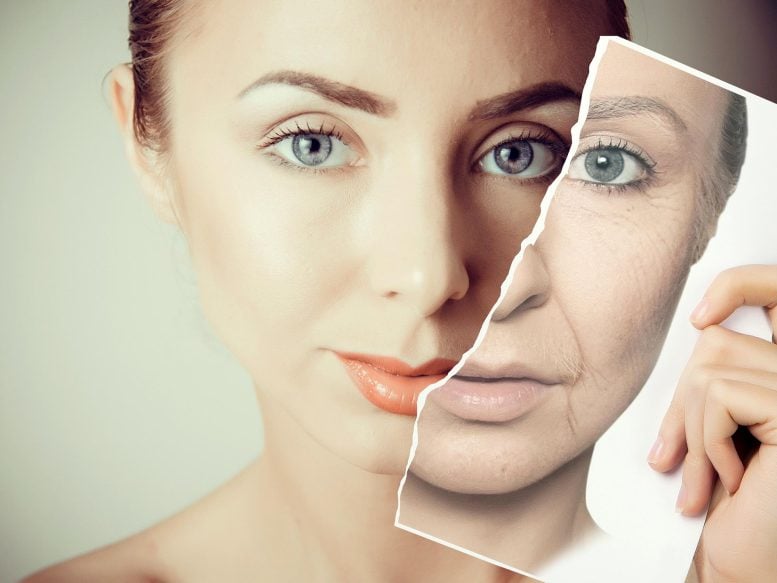
A study by Nottingham Business School reveals Generation X women experience age in seven distinct ways, influenced by factors such as caring responsibilities and menopause. These ‘frames’ of aging range from viewing age as an attitude to rejecting it as a cultural construct.
A recent study conducted by Nottingham Business School (NBS) reveals that Generation X women experience age in seven distinct ways.
The study delved into the self-perception of age among GenX women, defined as those born between 1965 and 1980, and examined if they experience aging in a chronological sense.
The focus of this research also extended to its potential implications for marketers, considering the significant role of GenX as a demographic closely linked with consumer culture and with increased disposable spending power.
Over a period of three weeks and using online diaries, 19 women with varying life circumstances (aged between 41 and 55) reflected and reported on day-to-day incidents of personal age-related significance.
Analysis of more than 250 diary entries revealed seven intersecting, overlapping, and coinciding ‘frames’ of aging that the researchers named Affective, Protest, Acceptance, Camouflage, Life-Stage, Inequities, and Inconsequence.
These age frames range from considering age as just an attitude, to outright rejection of age as a culturally imposed label. Some diarists did accept their chronological age but others used beauty products and clothing to camouflage theirs.
Looking after young children and/or aging parents strongly affected personal age perception as did the menopause, present or as a looming event. This generation also felt the weight of inequalities, unfairness, and bias that implied they were comparatively less valued – either than men of all ages and/or women younger than them.
Lastly, some diarists professed to regularly forgetting their chronological age, regarding this as irrelevant or unrelated to their personal identity.
Sharon-Marie Gillooley, principal lecturer in Marketing at NBS and research lead, said: “It’s becoming increasingly difficult to pin down the age of a GenX woman. This generation feels that it does not need to conform to age and gender-related roles/rules like their parents, and therefore they are all experiencing and dealing with aging in different ways – some are ‘happily old’, others are ‘young at heart’; for some lives are full of possibility, whilst others feel family responsibilities weighing heavily on their shoulders.
“This research suggests that marketing to GenX women presents a particular challenge for companies, as traditional demographic age-informed targeting is unlikely to work – particularly as the research also suggests these age frames “may apply to all of these women all of the time; all of these women some of the time; some of these women all of the time; or some of these women some of the time.”
As a sizeable demographic group, with increasing disposable income, GenX women are an increasingly attractive market. While this is a cohort that marketers should consider, the evidence suggests a chronological model of age categorization is not appropriate for their understanding of Gen X females. Rather, they are distributed and dispersed across many groups – a moving, rather than fixed and predictable target.
The study suggests generalizing, or stereotyping, GenX women using an age-related appeal poses a major risk for brands that are in danger of distancing, or not reaching, their target market.
Reference: “The self-perceived age of GenX women: prioritising female subjective age identity in marketing” by Sharon-Marie Gillooley, Sheilagh Mary Resnick, Tony Woodall and Seamus Allison, 24 May 2023, European Journal of Marketing.
DOI: 10.1108/EJM-04-2022-0267








Have fun trying to pin us down!
This is an interesting study, but it would be more useful if the way generations are determined is updated. To mark generations by when a population is born, as is the current practice, does not allow for how people experience current events. For instance, people born in 1964 are considered “Boomers”, but did not experience pivotal events of the 1960s as adults, if at all. They were not born when JFK was assassinated, were toddlers when RFK and MLK were assissinated and do not enjoy the financial security that Boomers, who for the most part received pensions upon retirement instead of having to rely on 401ks – enjoy. Defining generations by when people turn 18 makes more sense, as experience can then be taken into account especially for marketing purposes.